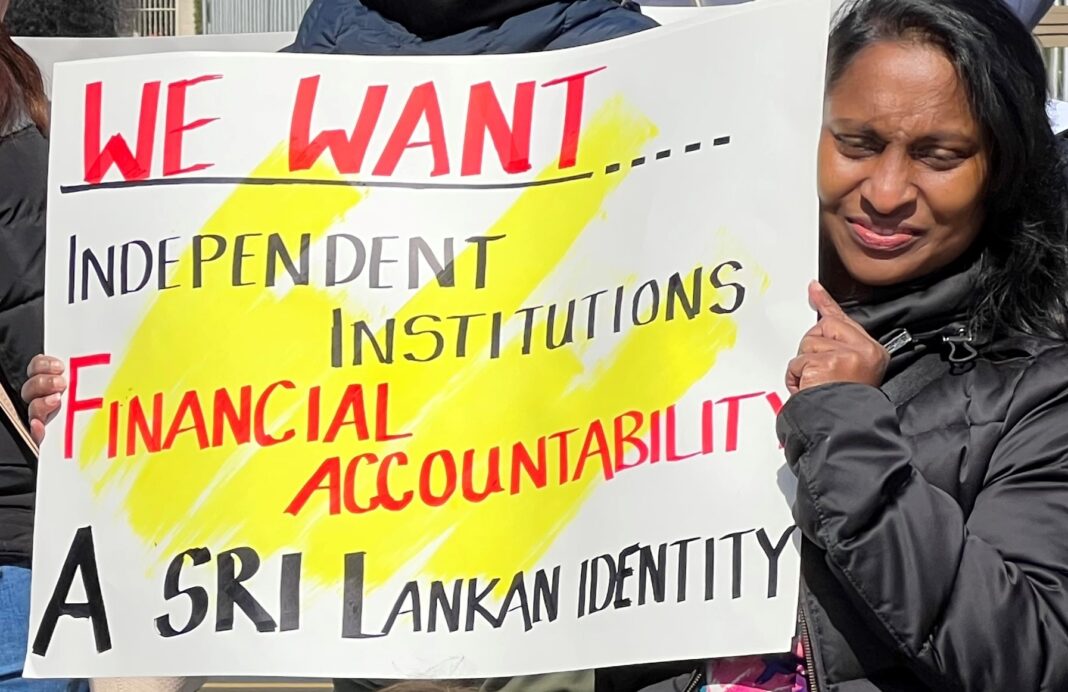By Dr. Jayampathy Wickramaratne, President’s Counsel.
The Wickremesinghe-Rajapaksa government’s new Twenty-Second Amendment to the Constitution Bill was presented to Parliament on 10 August 2022. The earlier Bill, which was published in the Gazette in June 2022, lapsed as it was not presented before the recent prorogation of Parliament.
The August Bill is an improvement on the June Bill from a Nineteenth Amendment perspective. Under 19A, Ministers and Deputy Ministers were appointed by the President on the advice of the Prime Minister. This was done away with by the Twentieth Amendment. The June Bill sought to bring back the requirement of the Prime Minister’s advice, but that provision would not apply during the present Parliament. The August Bill does not have such an exception.
According to the June Bill, where the President is of the opinion that the Prime Minister has lost the confidence of the present Parliament, the Prime Minister can be removed. Such a provision is not found in the August Bill.
Under 19A, the Speaker, Prime Minister and Leader of the Opposition were ex officio members of the Constitutional Council (CC), while the President would nominate one MP. Five persons were nominated jointly by the Prime Minister and the Leader of the Opposition, two of them being MPs. In making such nominations, they were required to consult the leaders of political parties and independent groups represented in Parliament to ensure that the CC reflects the pluralistic character of Sri Lankan society, including professional and social diversity. One MP was nominated by the MPs belonging to parties other than those to which the Prime Minister and the Leader of the Opposition belonged. The three persons from outside Parliament shall be persons of eminence and integrity who have distinguished themselves in public or professional life and who are not members of any political party. Parliament shall approve their nomination. In practice, such approval was a mere formality as they were nominated jointly and after a consultative process.
“If the Speaker is partisan (and there have been several such Speakers), the Government could ensure that all three CC members from outside are their own nominees. The Government, by virtue of its majority, would have no difficulty getting Parliamentary approval. The smaller parties would have no say in the nomination of these three persons.“
The critical change
The August Bill, like the June Bill, proposes the re-establishment of the CC but makes a crucial change. The five persons referred to are not appointed pursuant to the joint nomination of the Prime Minister and the Leader of the Opposition. One MP is nominated by the Government Parliamentary Group, and the other MP is nominated by the party to which the Leader of the Opposition belongs. The three persons from outside are nominated not jointly by the Prime Minister and the Leader of the Opposition but by the Speaker in consultation with them. The smaller parties are not consulted.
This deviation from 19A gives rise to several issues. If the Speaker is partisan (and there have been several such Speakers), the Government could ensure that all three CC members from outside are their own nominees. The Government, by virtue of its majority, would have no difficulty getting Parliamentary approval. The smaller parties would have no say in the nomination of these three persons. Thus, in the current Parliament, parties such as the TNA, NPP, EPDP, TNPF etc., who together account for twenty-five MPs, would not be consulted.
The 22A Bill says that in nominating the two MPs and the three persons from outside Parliament, Members of Parliament shall ensure that the CC reflects the pluralist character of Sri Lankan society. This would be most difficult as they would be nominated by separate processes. Under 19A, on the other hand, that was ensured as the nomination was jointly by the Prime Minister and the Leader of the Opposition after consulting the leaders of all parties in Parliament.
The crucial importance of the CC
The composition of the CC is of crucial importance for the achievement of a national consensus on high-level appointments. The approval of the CC is a pre-requisite for the appointment of judges of the Supreme Court and Court of Appeal and appointments to high positions such as the Attorney-General and the Inspector-General of Police. Appointments to independent Commissions are made on the recommendation of the CC. As the other seven members of the CC are all Members of Parliament and may be swayed by political considerations, the three members who are appointed from outside have a vital role to play. They should be persons acceptable to all and who can have a moderating influence on the politicians.
The pretext
An argument that has been adduced by the Government is that the Prime Minister and the Leader of the Opposition may not agree on the to be nominated jointly. No such issue arose both under the Seventeenth and Nineteenth Amendments. Members of Parliament nominated jointly acted with responsibility. Distinguished personalities appointed by joint nomination included Justice Dr A.R.B. Amarasinghe, Professor Colvin Gunaratne, Dr Jayantha Dhanapala, A.T. Ariyaratne, Shibley Aziz, and Dr Radhika Coomaraswamy, Javid Yusuf and Professor N. Selvakkumaran.
That the Prime Minister and the Leader of the Opposition may not agree is no reason to give the power of appointment to the Speaker. The writer proposes that the 19A provisions be re-enacted with the addition that if the Prime Minister and the Leader of the Opposition do not agree on the nominees within a stipulated period, the Speaker will make the nominations in consultation with the Prime Minister, the Leader of the Opposition and the leaders of the smaller parties.
